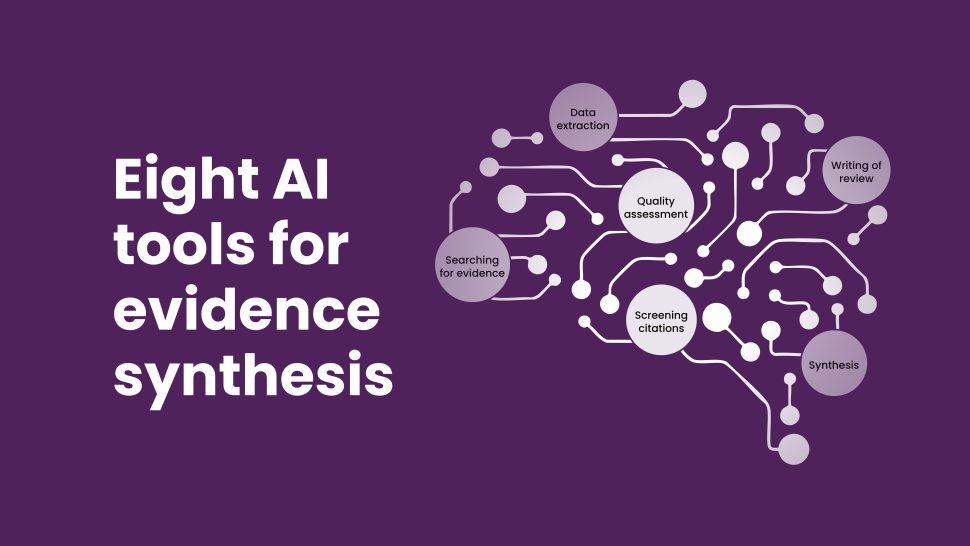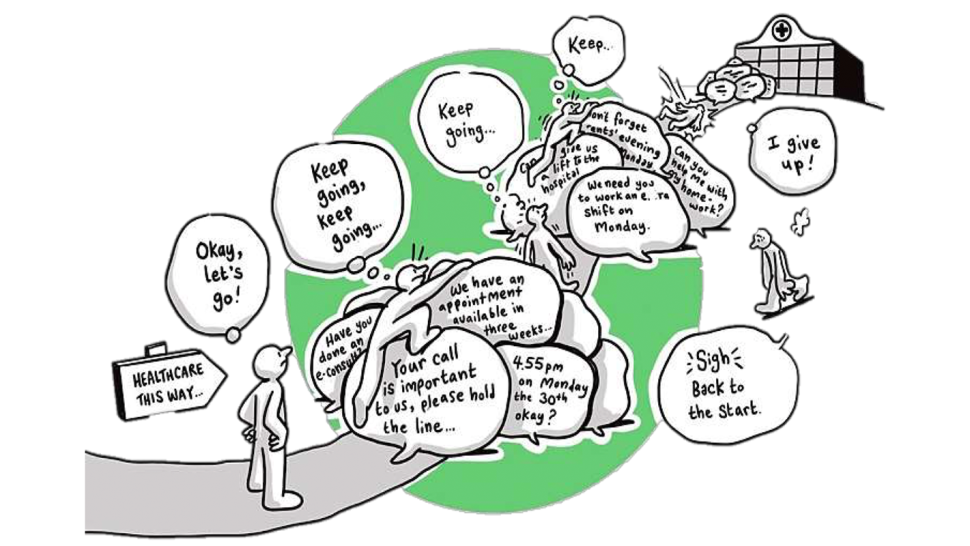What we do
About us
We are a research collaboration, based at Queen Mary University of London, with a passion to eliminate health and care inequalities through high quality evidence and innovation. We believe that everyone should be able to enjoy good health and the highest standard of healthcare. Our work draws on the latest machine learning software and is made possible through funding from the NHS.
More information
Latest resources

Improving mental health care for Black men
Black men face stark inequalities in mental health — from higher rates of diagnosis and detention to poorer access and outcomes. This brief highlights what needs to change to make care safer, fairer and more effective. Based on evidence and lived experience, it identifies changes in organisational culture, mental health service design and delivery, and sets out five clear priorities for action.

Eight AI tools for evidence synthesis: Case studies and comparisons
This tool presents an independent assessment of eight AI tools designed to support evidence synthesis. Each case study summarises the tool’s capabilities, research evidence, and HEEC’s practical experience to guide researchers in selecting the most appropriate solutions for their reviews.
Blogs

Faster, lighter, better?
Introducing two new practical resources to explain how artificial intelligence can support evidence synthesis

Applying a missingness lens to healthcare – missed appointments letters – tear up and start again!
In this guest blog, Professor Andrea Williamson reflects on her previous research into repeated missed healthcare appointments, which links high non-attendance to poorer health outcomes and social disadvantage. Building on this work, she introduces a new approach to appointment letters aimed at better supporting patients and improving engagement with services.




